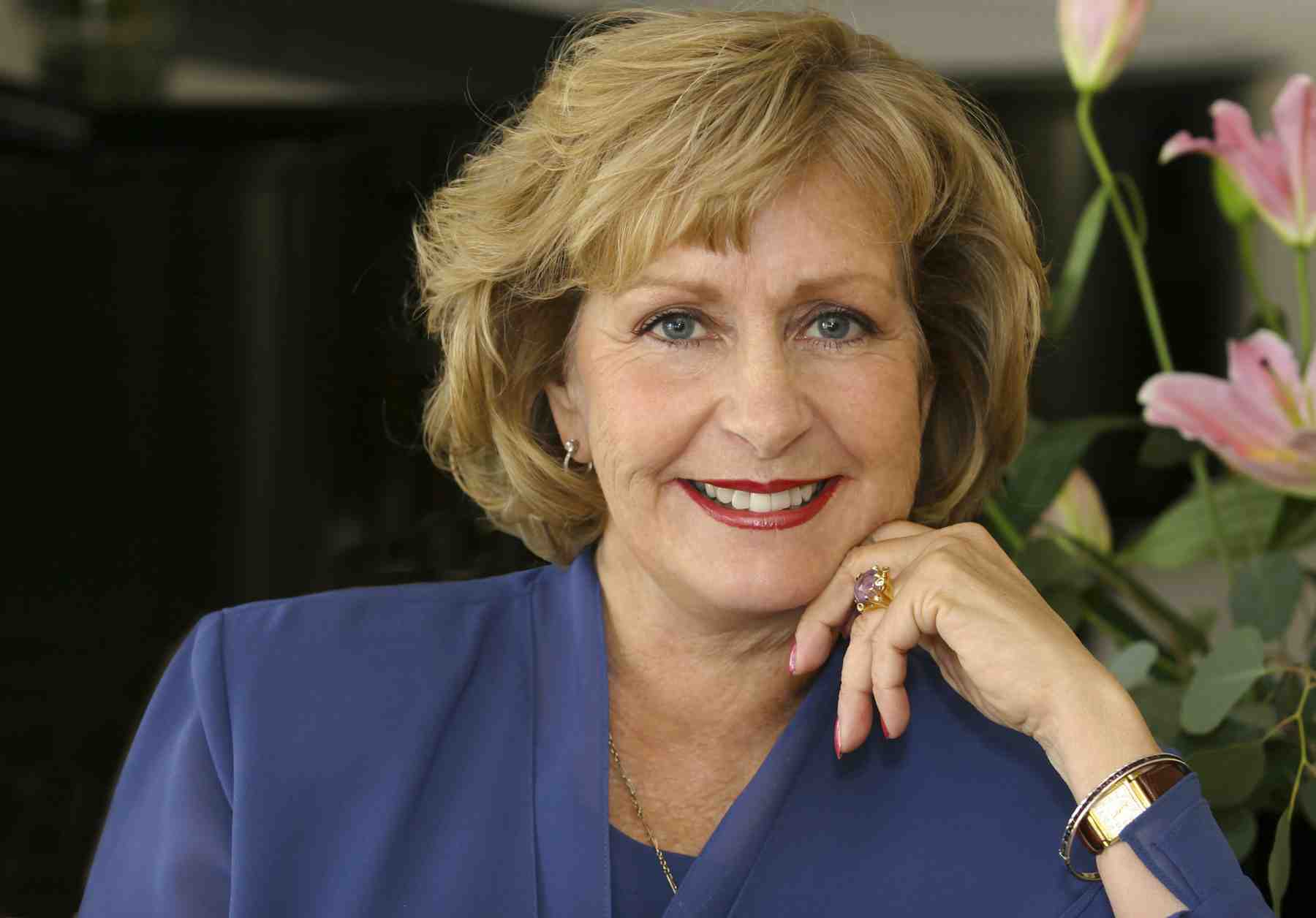
Great Speculations
Quarterly earnings season often brings surprises, some disappointing and others quite rewarding. Apple (AAPL-$569), my largest position, delighted its fans with a 7% profit increase together with increases in its dividend and stock buyback program and a seven to one stock split. With the largest market cap of all, it attracts much attention in financial media with many so-called “analysts” predicting various bits of bad news in order to get recognition.
Those who gave in to these Sirens should have followed the example of Odysseus and stopped their ears. Restraint is difficult amid showers of “news.” Wall Street knows this weakness, equipping brokerage houses during the booming 1920’s with running telegraph boys, whistling message tubes, ringing bells and, of course, the Western Union stock ticker. Trading volume still shapes profits and “experts” arguing with each other on CNBC do their part to keep us edgy.
Jesse Livermore, a legendary stock speculator, wrote after making and losing millions of dollars, “It never was my thinking that made the big money. It was always my sitting.” Those who sold Apple probably wish they had followed this advice.
He also advised learning to accept losses, preferably early in the game. This goes against the loss aversion that plagues the investment returns of so many amateurs. They often like to “take profits,” selling their stronger stocks but refusing to admit possible mistakes on the losers. Much money has been left on the table following the old cliché, “You can’t go broke taking profits.”
Another of his lessons was to use experience and observation to identify and use market trends. (He warned not to trade on “tips” as they almost always caused him grief.) I think he would probably find today’s market in a long-term uptrend, particularly since 2009, while currently in a short-term correction.
Mr. Livermore could have benefitted by paying more attention to trends in his personal choices. His third wife previously survived four husbands, of whom all four died by suicide. He became the fifth. He suffered from clinical depression, probably linked to his lifelong trading, winning and then losing fortunes.
Investing using stock market trends usually works; trading often doesn’t. Developing a base of blue-chip growth stocks is a solid foundation for long-term success. Medical stocks have a built-in edge through the inexorable increase in U.S. healthcare spending. We spend over 18% of GDP on healthcare, the world’s highest rate. Despite some savings from the Affordable Care Act, spending should reach 20% by 2017, exceeding $4 trillion.
It would seem that such levels would include adequate healthcare for the poor, especially since those fortunate enough to enjoy stock investments can share in this ever-growing sector. Keeping at least 20% in medical sector stocks provides growth with stability. My clients hold (in decreasing order) Novo-Nordisk (NVO)-$44), Amgen (AMGN-$113), Bristol-Myers (BMY-$50), Jazz Pharm. (JAZZ-$142), Johnson & Johnson (JNJ-$99), Celgene (CELG-$140), Pfizer (PFE-$30) and Roche (RHHBY-$36).
A column mentioning Jesse Livermore should include a speculative recommendation like Sarepta Therapeutics (SRPT-$38). This RNA-based biopharmaceutical company has no drugs on the market but is pressing for FDA approval of eteplirsen, an experimental “orphan drug” that treats Duchenne muscular dystrophy, a fatal inherited disease that affects children. There are now no treatments for DMD, which affects about 15,000 boys in the U.S.
The FDA delayed approval last year, apparently on concerns involving a competing product. Since then, an advocacy group of over 100,000 doctors, investors and family members is pressuring the agency to grant accelerated approval. The situation resembles an approval fight over twenty years ago when the FDA resisted some AIDS treatments. Congress has since created an expedited approval process based on limited clinical data for serious unmet medical needs.
Sarepta achieved encouraging results in Phase II tests on a small sample of 10 boys. The company also just completed a $100 million stock offering that will provide cash to move forward on FDA approval. There is a risk that the FDA may delay further trials or that the trials may not succeed, however, there will be more deaths if the FDA blocks its efforts. Investors bear less risk since the stock will probably jump if the agency fast tracks further testing, even with results still unknown. With Congress demanding answers from FDA bureaucrats, I think Sarepta will get its chance and wish them success.
Tony Crowell manages stock portfolios for individuals and their trust and retirement accounts with CROWELL•ROBERTS Investment Counsel, a registered investment advisor in Laguna Beach since 1995. [email protected] 949.494.1376/800.697.2622




